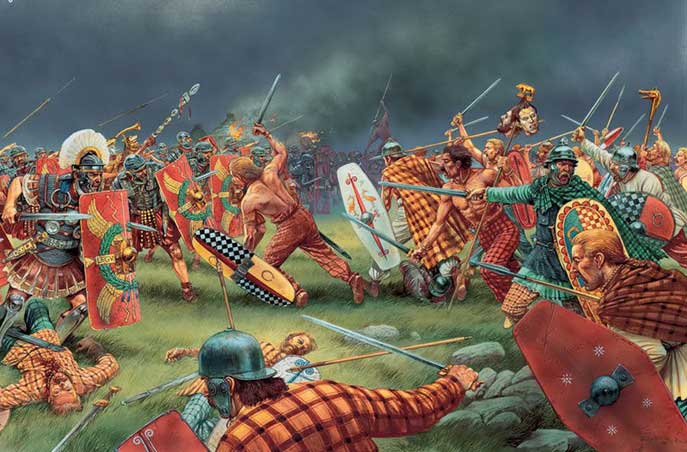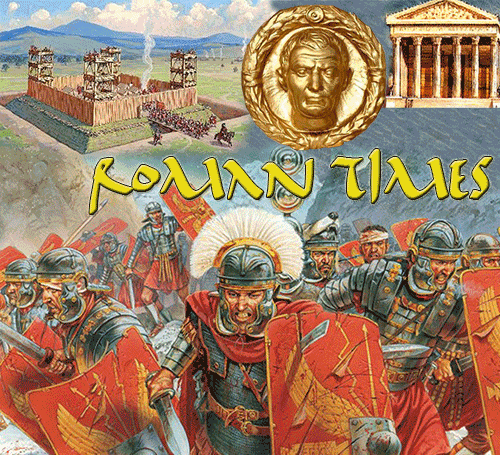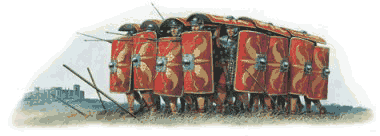Welcome to Roman Times!

Roman Times is a new organization dedicated to exploring life in the ancient Roman Empire. Our mission is to foster and perpetuate an appreciation and knowledge of the history, culture, and greatness of the ancient Roman Empire; educating both members and the public through living history events, workshops and research into the daily lives and material culture of the soldiers and civilians of ancient Rome and the cultures with which they interacted. History does not have to be boring, especially when it is interactive. Much has been written and shown in movies (often more fiction than fact) and media series about the people of ancient Rome. If you have ever wondered what it would be like to live in ancient Rome; then this experience is for you. Roman Times provides the opportunity for history to come alive. An opportunity for you to wear the clothes, the armor, or use the tools used by ancient Romans. Our immersion events allow you to do all of this while learning about the life of Roman soldiers, citizens, those who became Roman citizens, or opposed Roman rule.
We are currently working to develop our historical site to include a Roman fort/camp and a Celtic camp and battlefield. Our intention is to hold both private (invitation and members only) events featuring Roman military, Celtic and civilian life in Britain ca. 60-70 AD. Our goal, as the site is developed, is to eventually open Roman Times for public events. Therefore, if you have a keen interest in ancient Rome and want to be part of this experience, contact us and we'll provide information about how you can get started reliving the experience of ancient Rome.
We will continue to update our website with our progress.
You can view our site work on our FaceBook page!












